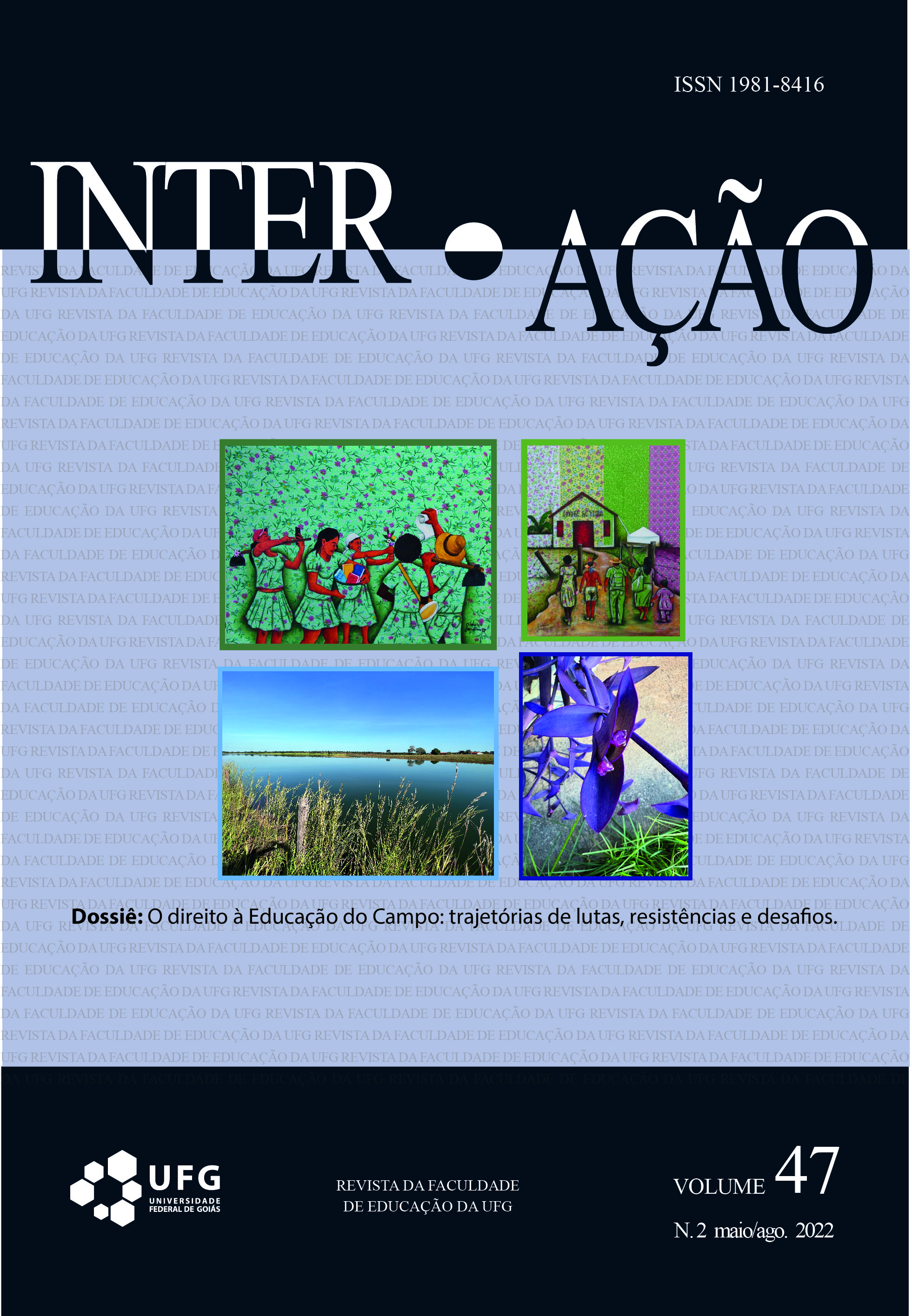QUALIFICATION OF FIELD EDUCATORS: THE CASE OF THE EARTH SCHOOLPROGRAM
DOI:
https://doi.org/10.5216/ia.v47i2.71925Abstract
The field educators qualification, facing these backs of the present time is the main subject of this article. First o fall, we understand that they are important agents to unveil the agrobusiness speech regards Agriculture sustainability. Subsequently, the importance of the public politics of the Earth School was addressed, in Paraná state, for the continued qualification of field educators as builders of agroecology. The field educators qualification, in this perspective, is not impartial and is committed to the valorization and continuity of the Peasant Agriculture Field and the fight of the Agribusiness Field, therefore, it is articulated to the fight for another project of society.
KEYWORDS: Agroecology. Agribusiness. Earth School. Field Educators Qualification.
Downloads
Published
How to Cite
Issue
Section
License
Copyright (c) 2022 Ana Cristina Hammel, Tânia Mara de Bastiani

This work is licensed under a Creative Commons Attribution-NonCommercial 4.0 International License.
Inter-Ação uses the Creative Commons Attribution 4.0 License for Open Access Journals (Open Archives Initiative - OAI) as the basis for the transfer of rights. Open access means making documents available on the Internet free of charge, so that users can read, download, copy, distribute, print, search, or link to the full text of documents, process them for indexing, use them as input data for software programs, or use them for any other lawful purpose, without financial, legal, or technical barriers.
Authors publishing in this journal agree to the following conditions:
1) Authors retain copyright and grant the journal the right of first publication, with the work simultaneously licensed under the Creative Commons Attribution License, which permits redistribution of the work with attribution and first publication in this journal.
2) Authors are permitted to enter into additional, separate agreements for non-exclusive distribution of the version of the work published in this journal (e.g., for publication in an institutional repository or as a book chapter), with attribution and first publication in this journal.
3) Authors are permitted and encouraged to publish and distribute their work online (e.g. in institutional repositories or on their home page) at any time before or during the editorial process, as this may generate productive changes as well as increase the impact and citation of the published work.















